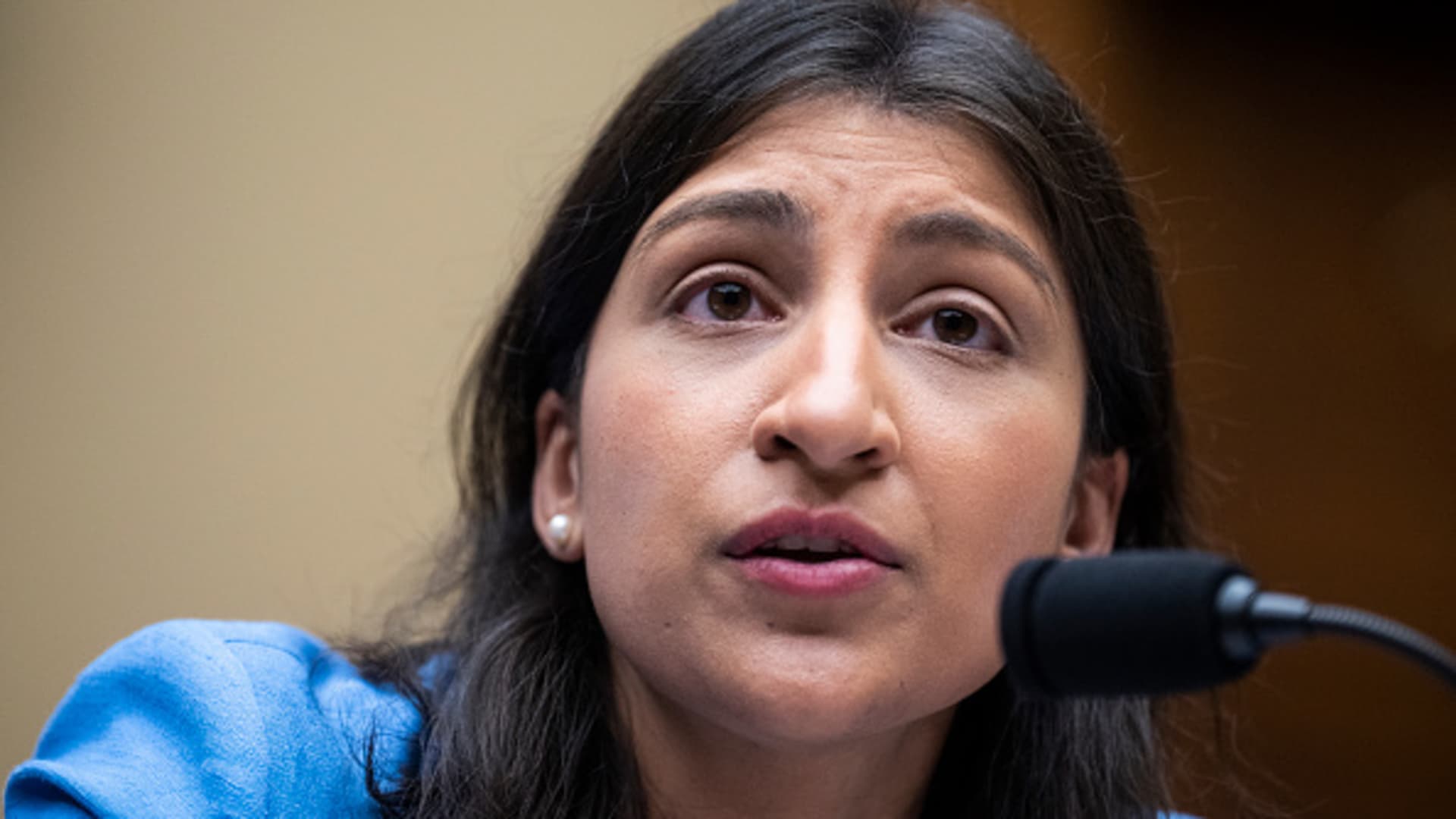The article discusses the recent lawsuit filed by the Federal Trade Commission (FTC) against Amazon. The FTC alleges that Amazon enrolled consumers into Amazon Prime without their consent and made it difficult for them to cancel their subscriptions. The FTC claims that Amazon used manipulative user-interface designs known as "dark patterns" to trick consumers into signing up for Prime and made the cancellation process complex and confusing. The article argues that while there may be validity to the FTC's complaints, the overall value proposition of Prime seems positive for consumers. It also highlights the trade-offs involved in the removal of friction in e-commerce and questions the FTC's approach to regulating big tech companies.
The main topic is the Federal Trade Commission's (FTC) lawsuit against Amazon for allegedly enrolling consumers into Amazon Prime without their consent and making it difficult to cancel subscriptions. The key points are:
1. The FTC alleges that Amazon used "dark patterns" to trick consumers into enrolling in Prime without their knowledge.
2. The complaint also claims that Amazon made the cancellation process for Prime difficult and confusing.
3. The FTC argues that Amazon's practices have cost consumers significant money and violated consumer protection laws.
4. Some argue that Amazon's dark patterns and complex cancellation process are reasonable and that consumers should be educated about the value of Prime.
5. The lawsuit raises broader questions about the trade-offs between convenience and privacy on the internet and the application of antitrust laws to the digital age.
Main topic: Amazon's meeting with the FTC before a possible antitrust lawsuit.
Key points:
1. Amazon will meet with the FTC to discuss a potential antitrust lawsuit.
2. The FTC has been investigating Amazon since 2019 for using its influence to harm competition.
3. FTC chair Lina Khan, a longtime Amazon critic, will be part of the meeting.
Main topic: Amazon's decision to charge an extra fee to sellers who bypass its logistics services.
Key points:
1. The FTC is expected to file an antitrust lawsuit against Amazon.
2. Amazon is facing scrutiny for how it treats sellers on its platform.
3. Amazon will start charging a two percent fee on each sale for sellers who ship their own products instead of using Amazon's logistics services.
Investors filed a lawsuit against Amazon, accusing the company of not properly considering competing proposals before selecting Jeff Bezos' Blue Origin to launch the satellites for its home internet service, Project Kuiper.
The Federal Trade Commission may call for an antitrust lawsuit against Amazon, which could be a positive development for investors.
The Federal Trade Commission (FTC) is expected to file a lawsuit against Amazon this month, targeting key elements of its retail marketplace business, which could potentially result in the breakup of the trillion-dollar company.
The Federal Trade Commission (FTC) has filed a lawsuit against U.S. Anesthesia Partners Inc. and its private-equity backer, Welsh, Carson, Anderson & Stowe, alleging that they engaged in anticompetitive practices to monopolize the anesthesia market in Texas and drive up prices for patients. This case highlights the FTC's scrutiny of smaller buyouts by private-equity firms and their potential to create monopoly power.
The Federal Trade Commission has filed an antitrust lawsuit against a doctors' group and a private equity firm, accusing them of consolidating doctors' groups in Texas to raise prices for anesthesia services and harm fair competition.
Main topic: The Federal Trade Commission is preparing to file an antitrust suit against Amazon.
Key points:
1. The FTC is targeting Amazon Prime and allegations of pushing third-party sellers to use its services.
2. The FTC also believes that Amazon prevents products from being sold for less on rival platforms.
3. This would be the fourth legal action taken by the FTC against Amazon this year.
The Federal Trade Commission (FTC) is reportedly planning to file an antitrust lawsuit against Amazon next week, potentially leading to a lengthy legal battle aimed at breaking up the company and targeting its alleged harm to consumers and competition.
The Federal Trade Commission (FTC) Chair, Lina Khan, stated that the FTC has the authority to regulate AI companies and will take action against those engaging in anti-competitive practices, while also welcoming clarity on their role from Congress.
Senator Amy Klobuchar urges Amazon to adjust its business model and work with Congress to establish antitrust laws and guardrails, rather than opposing everything and engaging in hostile tactics, in response to the Federal Trade Commission's antitrust case against the e-commerce giant.
Meta AI impresses analysts with its new AI features and head-worn devices, Amazon faces an antitrust lawsuit from the FTC but maintains positive outlook from analysts, Micron forecasts a loss amidst chip supply glut, and Apple's iPhone 15 models experience overheating issues.
The Federal Trade Commission has sued Amazon for allegedly maintaining a monopoly and using a secret algorithm, called Project Nessie, to raise prices and deter competitors from offering lower prices.
Amazon's alleged anticompetitive practices, including punishing third-party sellers for offering lower prices elsewhere and artificially inflating prices, are at the center of an antitrust lawsuit filed by the FTC, which aims to hold the company accountable and seek appropriate remedies.
The US Federal Trade Commission is investigating Amazon and Google for alleged monopolistic practices, with Microsoft CEO Satya Nadella testifying against Google's attempts to monopolize the search market by paying to make its search engine the default choice for Apple and Android.
Amazon is facing a federal lawsuit that accuses the company of squeezing independent sellers, ultimately causing their businesses to fail.
Multiple government legal actions, including antitrust suits by the Department of Justice and the Federal Trade Commission, are targeting Silicon Valley giants like Google, Facebook, and Amazon over allegations of monopolistic practices and exploitation of independent sellers, with Amazon potentially facing real penalties for its control over the marketplace.
